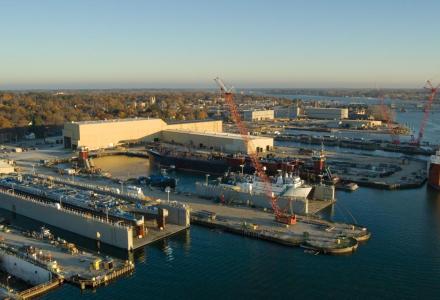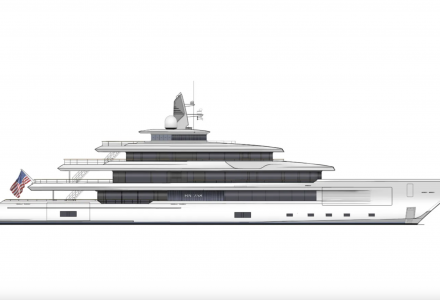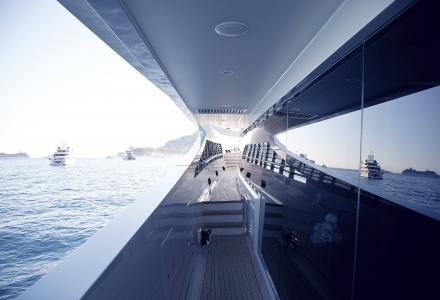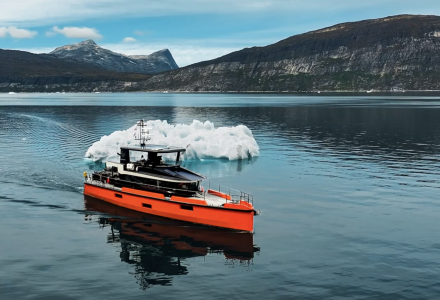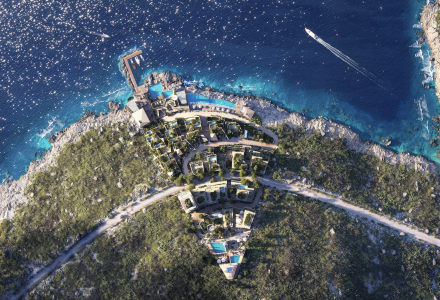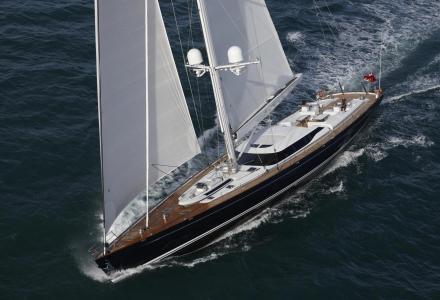Fincantieri, the Italian group companies, has designed a boat powered by fuel cell, a device that creates electricity by combining hydrogen and oxygen atoms.
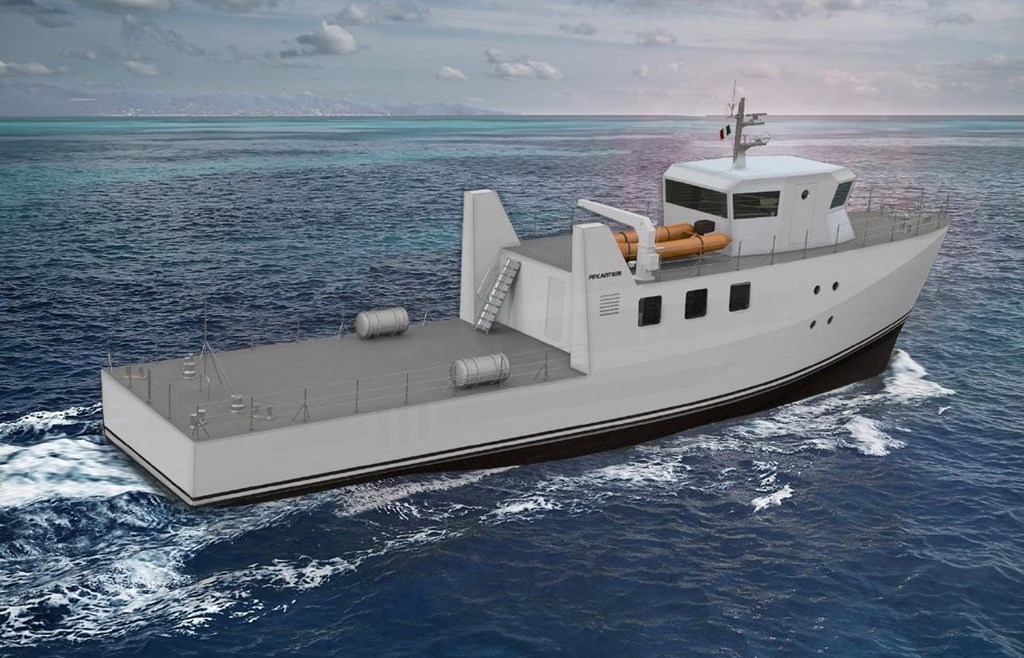
Photo: www.pressmare.it
The experimental “green” ship, powered by fuel cell, is the first of its kind in the world. The vessel has been christened Zeus - Zero emission ultimate ship, and its setting has taken place at the Fincantieri plant in Castellammare di Stabia. The completion of the work is scheduled for 2021.
The manufacturer reports that the research at the base of Zeus concerns improvement of environmental sustainability of cruise ships, mega yachts, ferries, ships and ferries for oceanographic research, through the reduction of greenhouse gas emissions, as well as nitrogen oxides, sulfur oxides and black carbon.
The boat is approximately 25-metre long and has a tonnage of around 170 tons. In fact, Zeus is going to be a floating laboratory, aimed at collecting information on fuel cells behavior in the real environment. Such electrochemical device allows to obtain electricity directly from hydrogen without thermal combustion process.
As explained by the manufacturer, Zeus will be equipped with a hybrid apparatus (2 diesel generators and 2 electric motors) which will be used as a conventional propulsion system. What’s more, it will have a 130-kilowatt fuel cell facility, powered by about 50 pounds of hydrogen contained in 8 metal hydride cylinders. Such technologies are already used by submarines. Together with the system of batteries, the facility will allow autonomous work for about 8 hours of sailing with zero emissions at a speed of about 7.5 knots.
The architecture of the propulsion framework, as per the manufacturer’s report, will supply the engines in 4 different ways:
- zero noise, with the use of lithium batteries only, able to guarantee an autonomy of 4 hours of sailing at a speed of 4 knots;
- zero emission, with the use of the electrical power, supplied by the fuel cell;
- diesel generator navigation with battery charging;
- diesel generator navigation for transfers, with autonomous work for 60-hour sailing at 9 knots.
The second goal of the research is to develop a new way of electrical and thermal energy generation on board of cruise ships. A result that "will allow to increase the level of passenger comfort, reducing noise and vibrations produced by the generative systems; increase the efficiency of energy conversion, through the adoption of generative systems without mechanical parts in motion; increase the safety of the ship, while improving the redundancy of the systems currently in use; reduce the size of the groups of diesel generators loaded".
Solutions for the use of new “green” materials will also be tested, including new coatings, photovoltaic panels for the maintenance of battery charging and low-consumption OLED lamps.
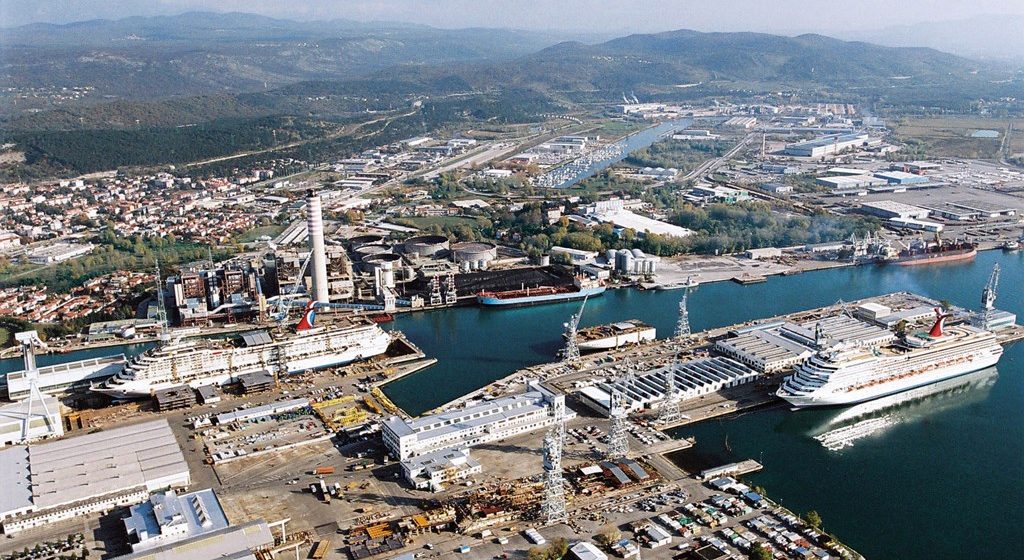
Photo: www.videonavi.it
The project envisages co-operation of several companies of the Fincantieri group, including the plants in Castellammare di Stabia and Palermo, Fincantieri SI, Seastema, Cetena and Isotta Fraschini Motori. The CNR, the Universities of Genoa, Palermo and Naples, the ENR and the RINA also contributed to the project as consultants.
The project will be realized within the framework of Tecbia (the low environmental impact technologies project) and co-financed by the Ministry of economic development, within the National Operational Program.
